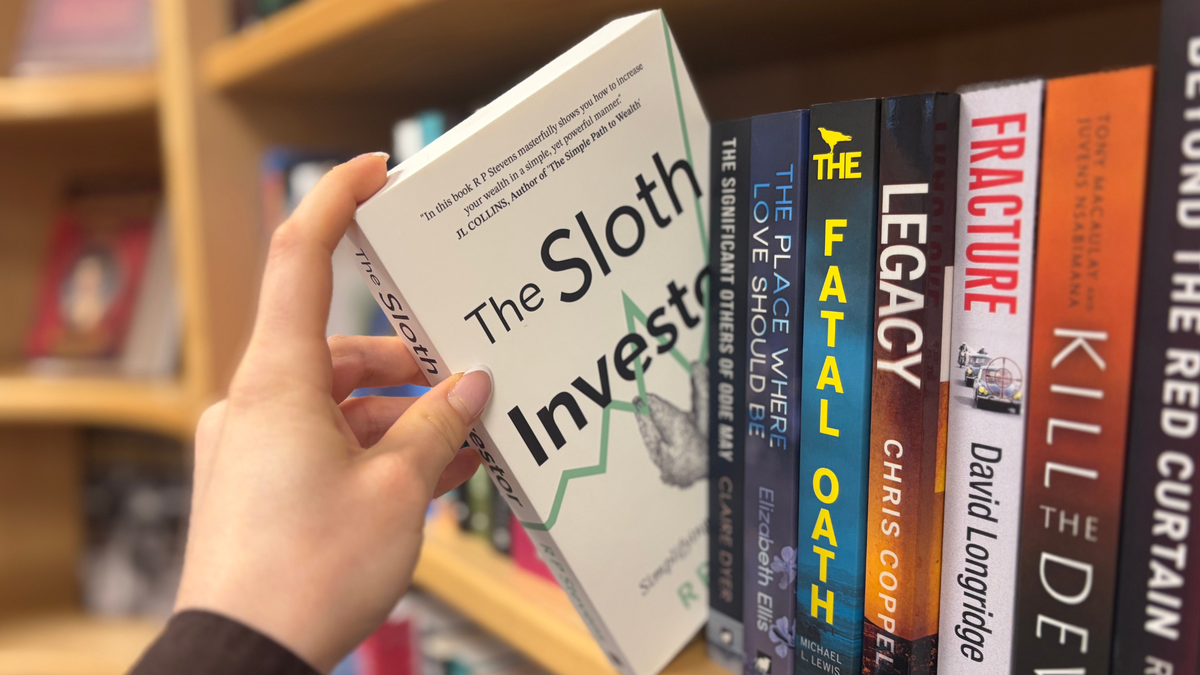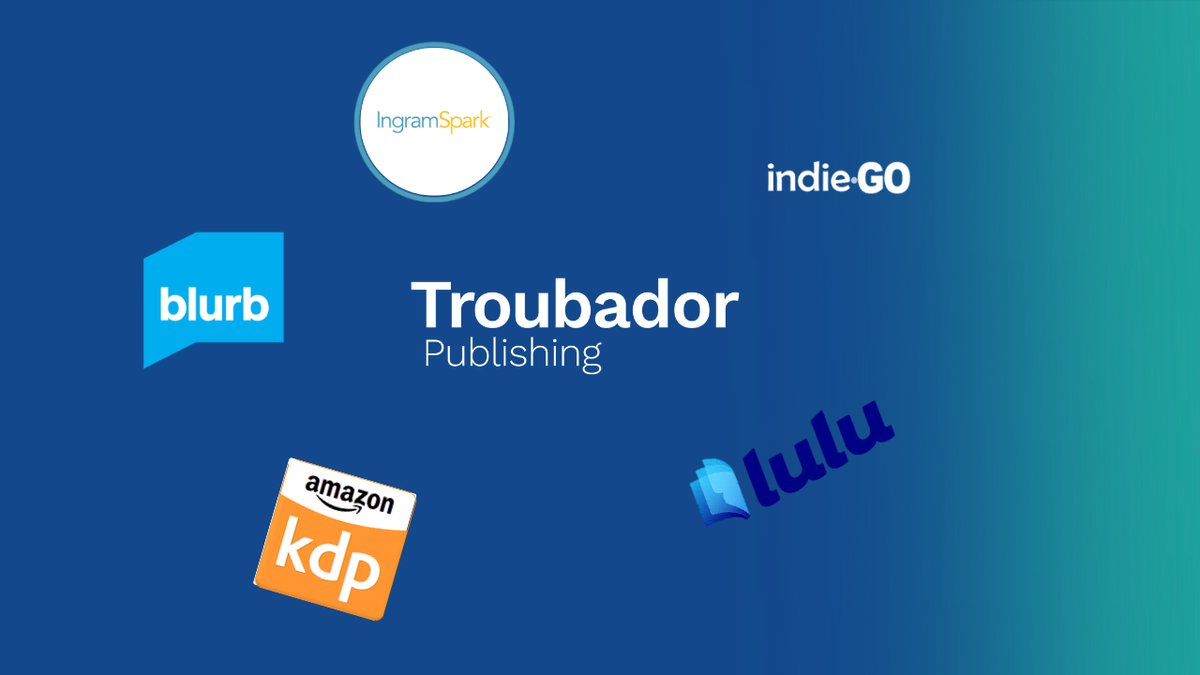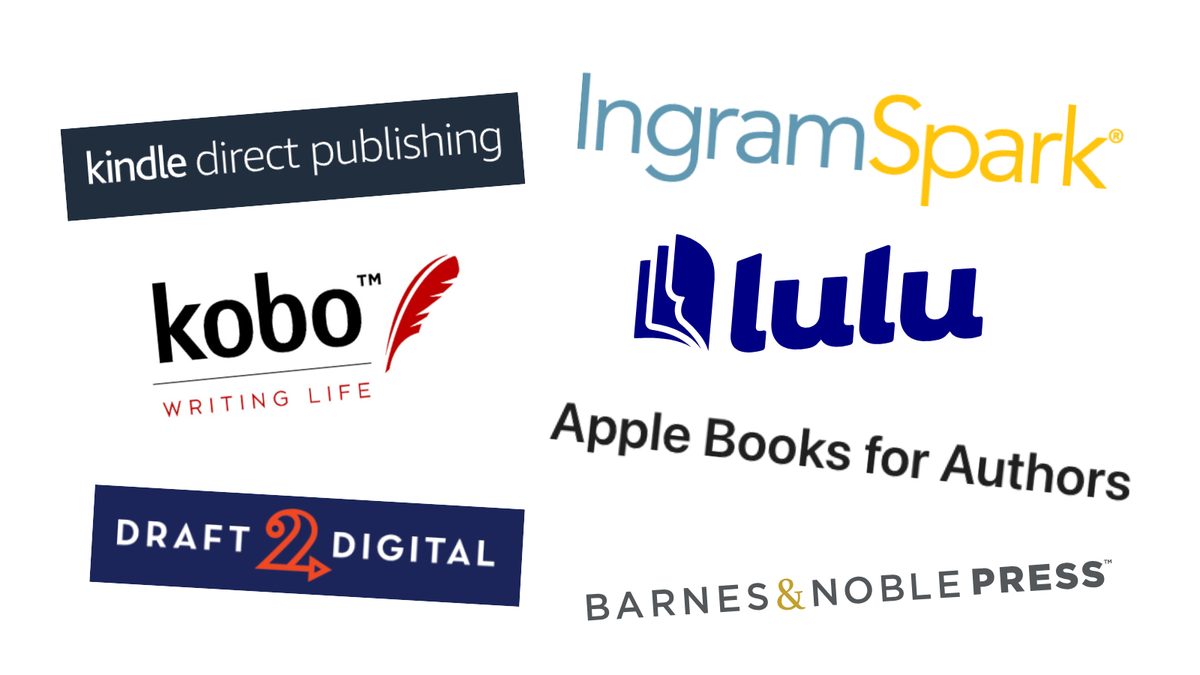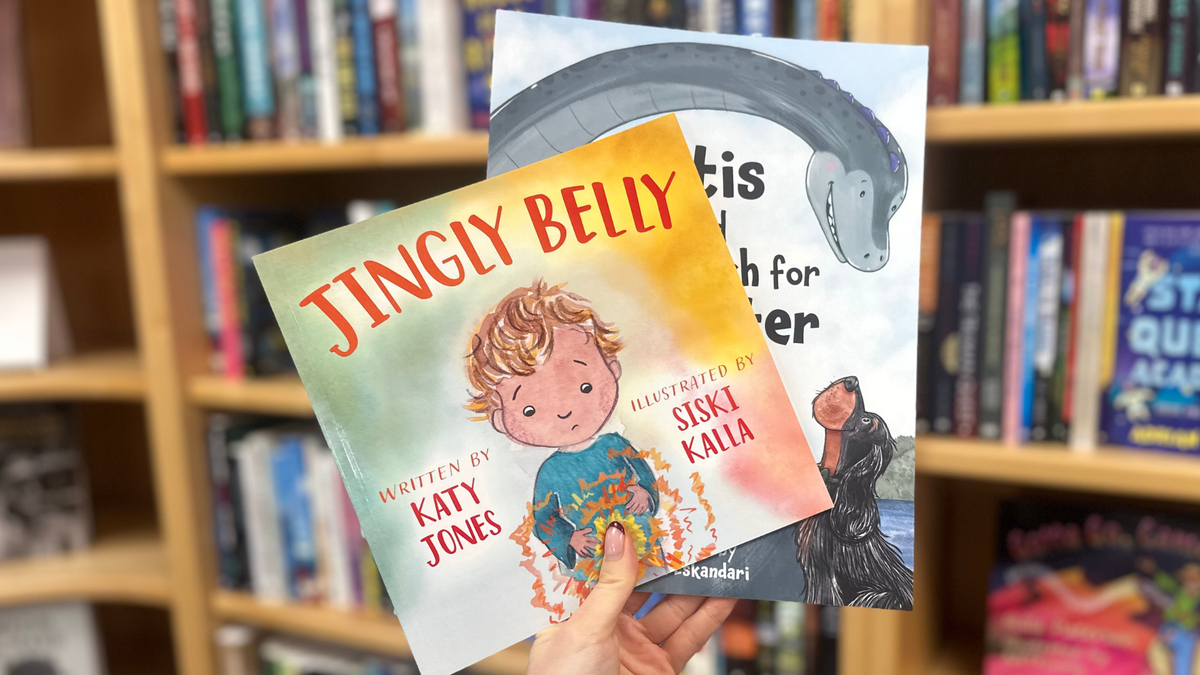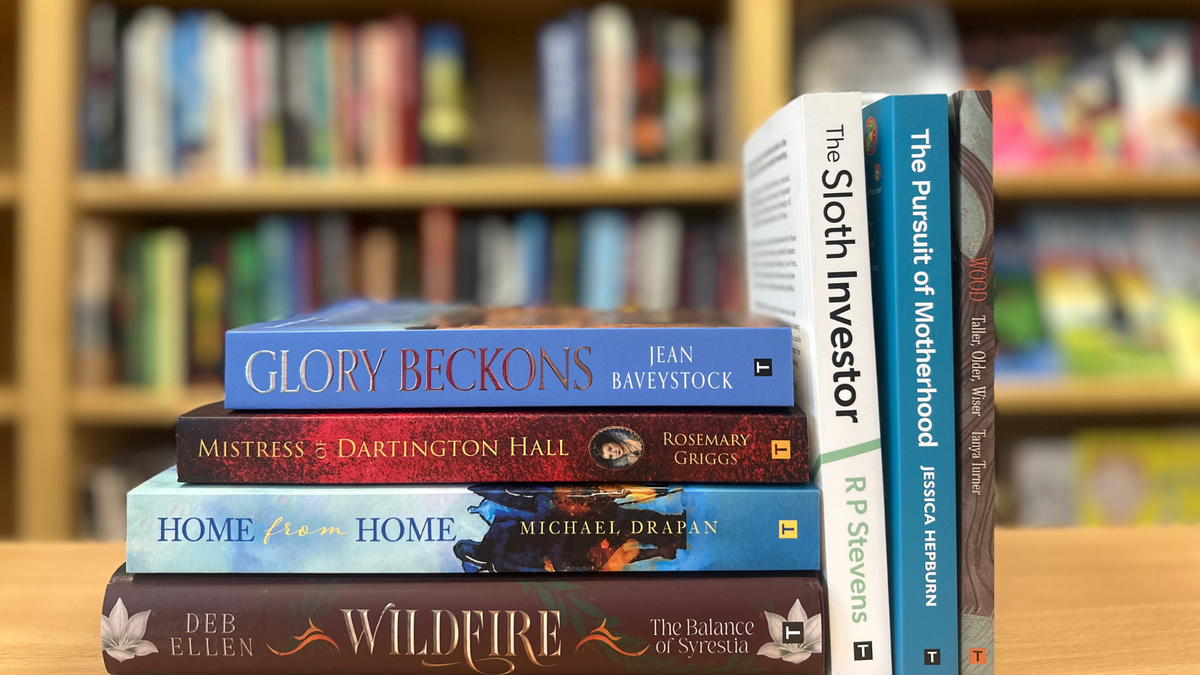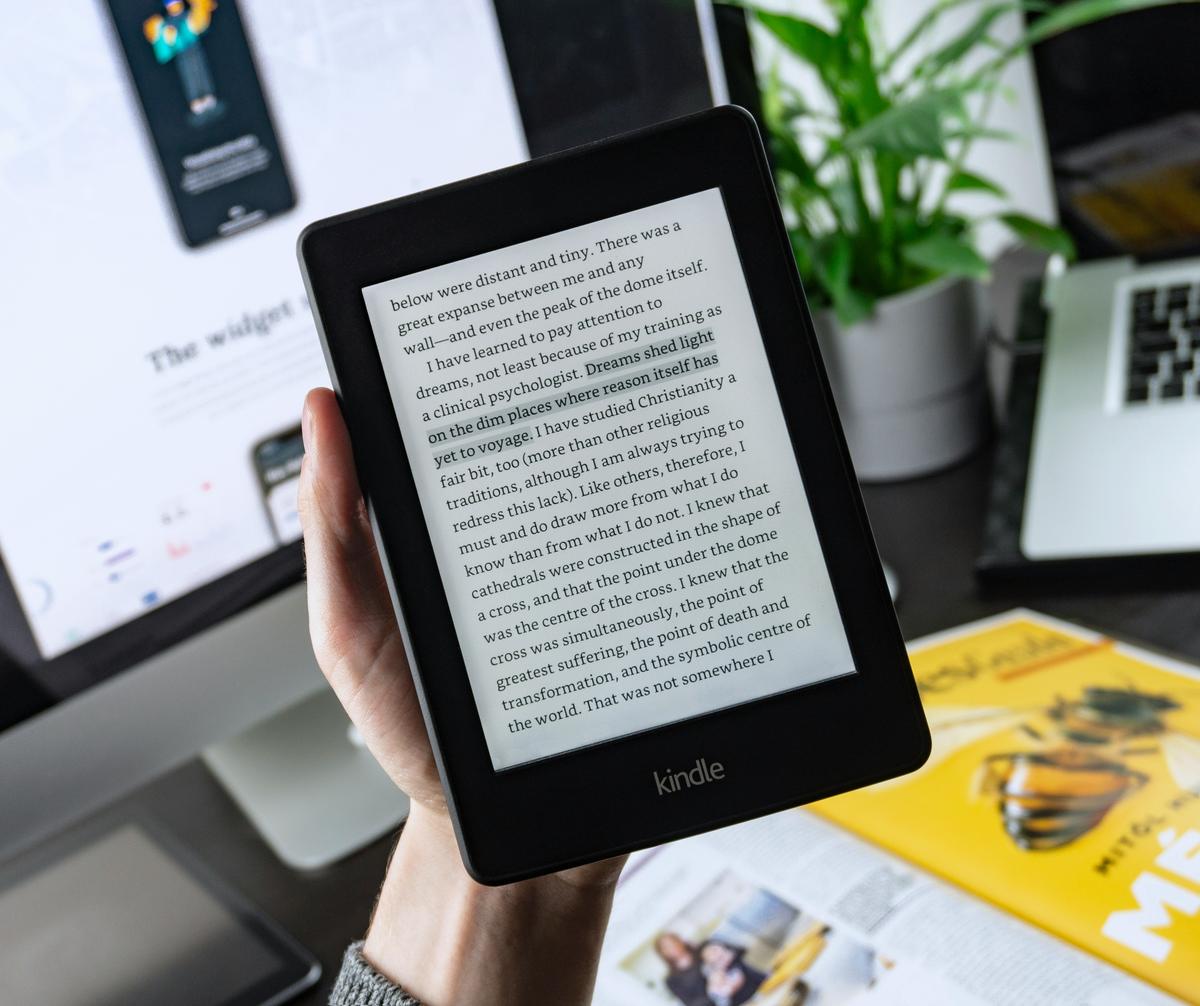
16th October, 2025
7 min read
Should I Use AI On My Book?
Written by:
Becky Connolly
Artificial Intelligence (AI) has been rapidly advancing. People have been using it to come up with meal plans, edit text messages or even use ChatGPT as a therapist. As AI has become more integrated in daily life, writers have been asking questions, such as:
- How can I use AI in the writing process?
- Should I use AI?
- Can AI help me with parts of the publishing process?
In this article, we explore what AI is, how it can aid and hinder authors, the potential dangers and benefits, and its implications for authors in the publishing world.
What is AI?
Artificial Intelligence refers to the simulation of human intelligence in machines that are programmed to think and learn like humans. AI systems can perform tasks that typically require human intelligence, such as understanding natural language, recognising patterns and making decisions. These systems can be found in various forms, from basic algorithms to complex machine learning models and neural networks.
AI for writers: How Authors Might Use AI
There are already a multitude of AI tools that can assist authors with their writing, from auto-spellchecking to crafting entire articles and writing books. AI is a powerful tool that the publishing industry is grappling with. The types of assistance offered by AI-enabled software broadly fall into the following categories:
- Writing Assistance: AI-powered tools like Grammarly and ProWritingAid can help authors improve their grammar, style and readability. These tools provide suggestions for clearer and more effective writing.
- Idea Generation: AI can help authors brainstorm ideas. Tools like ChatGPT can generate plot ideas, character backgrounds and dialogue snippets, sparking creativity and overcoming writer’s block.
- Research: AI can assist in research by quickly sifting through vast amounts of information and summarising relevant data. This can save authors time and provide them with insights that may enhance their work.
- Editing and Proofreading: AI-driven editing tools can detect inconsistencies, repetitive phrases and other issues that human eyes might miss, ensuring a polished manuscript.
- Illustrations and Cover Designs: AI image generators, such as Dall-e, can create unique images from just a few prompts, so you can create illustrations based on your own very specific criteria.
- Marketing: Some writers turn to AI to write key bits of marketing for them, such as blurbs and marketing copy, to help promote the book.
- Audiobook Narration: as AI develops, there are now platforms out there to turn text into audio.
AI for Writers: How AI Can Impact Hinder Your Work
There is, of course, a downside to all this! AI has ‘learned’ by using data that is publicly available, but there are also accusations that some AI software has ‘learned’ from material that is copyrighted, thus infringing that copyright. Indeed, there is already legal action being taken by some authors who believe that AI tools have been trained using copyrighted works (see Publisher’s Weekly).
But such issues aside, there are also other reasons why AI and authors are not always the greatest of matches:
- Creativity Stifling: Over-reliance on AI tools for generating content can stifle an author’s creativity and unique voice, leading to homogenised and uninspired writing.
- Unreliability: It can certainly streamline the research process; however, AI can very often be wrong. Overreliance on AI can lead to inaccurate findings, which can skew your research.
- Inaccuracies: Whilst using software in apps such as Grammarly can be useful, you should never rely solely on AI software. It cannot infer meaning from text as a human being can, meaning that it might not be accurate. If you use Grammarly, make sure to carefully check the suggestions or ask somebody else to do it for you, to ensure that there have been no errors made. Similarly, there are authors who have considered using platforms such as ChatGPT to edit their manuscripts for them. ChatGPT can often make mistakes, which risks reducing the quality of your manuscript.
- Low Quality Cover Design: Especially for print books, your covers need to meet a certain image size. Typically, AI platforms produce covers in 72 DPI, which printers cannot use. Furthermore, as the covers will also be produced as a JPEG, these files will not have 'layers'. Layers are what enable cover designers to edit aspects such as the title, the images, and so forth. Therefore, using an AI-generated cover may mean you cannot amend it at all. Finally, AI tends to produce things of the same style, which are often identifiable as AI and miss that unique touch that an artist can provide. This could lead to your cover being lost in the marketplace and not gaining the interest it otherwise could have.
- Generic Marketing Copy: Using AI in blurbs and marketing copy can sound quite generic, especially if it's not a specialist software, so it's often very obvious that it's been used. Using this can lessen your chance of securing interest.
- Limitation of distribution: Our audiobook platform, ACX, won't accept AI audiobooks, and retailers like Amazon KDP have also started requiring that you declare whether there is any AI-generated content in the work. Stricter guidelines could be issued in the future, therefore limiting the options you may have for your book.
- Job Displacement: As AI tools become more sophisticated, there’s a concern that they might replace human editors, proofreaders and even writers, impacting jobs in the literary industry.
- Ethical Concerns: Using AI to write entire books can raise questions about authorship and originality. Is a book truly authored by the person who input prompts into an AI system, or by the AI itself? An article from the Society of Authors reveals that there have been cases of AI 'learning' and replicating audiobook actors' voices without their knowledge or consent. Even the AI image generators have 'learned' from original artworks, and again, artists have the same concerns as writers over ethical use.
AI for Writers: What Authors Need to Be Aware Of
If you are tempted to use AI in the creation of your work, then be aware of certain issues beforehand:
- Data Privacy: Authors must ensure that the AI tools they use handle their data responsibly. Personal information and unpublished manuscripts need to be protected from unauthorised access. Can you be certain that the text you have put in is not now simply going to become part of the AI platform's 'learning'?
- Plagiarism: AI can inadvertently generate content that closely resembles existing works, leading to unintentional plagiarism. Authors must carefully review AI-generated content to ensure originality.
- Quality Control: AI-generated content may lack the nuance and depth that human writers bring to their work. Authors should use AI as a supplement rather than a replacement for their creative process. Also, AI platforms can have 'hallucinations' where the content provided seems reliable and trustworthy... but has been fabricated.
- AI Usage: As discussed, retailers, such as Amazon KDP, Ingram Spark, Apple Books and Barnes & Noble Press need you to disclose if any generative AI has been used in the production or writing of a book or the cover design before making a book for sale. Such declarations are likely to become more common as consumers seek to differentiate AI-generated content. Respectable image libraries now also label any images created using AI. Having the AI label on your work may limit the interest you could receive for your work. Having the AI label on your work may limit the interest you could receive.
AI for writers: Poor Quality Books via AI
One of the dangers of using AI for a creative process is that the proliferation of AI-generated books could flood the market with low-quality content, devaluing the work of human authors. The Society of Authors reports how Clarksworld publications closed 'to submissions as a result of being flooded by AI-generated stories'. AI tools do not have the imagination of a human being; they can only reiterate what has already been created in a modified form – a world with solely AI-generated content would be a bleak prospect!
Author Organisation Concerns
Not surprisingly, the creative industries are wary of AI, as they see it as a threat to those who make their living in them. Illustrators in particular are afraid that AI will simply take their jobs away, as the skills and time required to produce fantastic artwork using a human being is costly, and AI will doubtless take away some of that work.
The Society of Authors in particular, has raised serious concerns for writers that revolve around:
- Fair Compensation: Ensuring that authors are fairly compensated for their work.
- Ethical Use: Includes transparency about AI's role in content creation.
- Intellectual Property: How the use of AI can cause a risk to intellectual property.
- Quality Standards: Maintaining high standards of quality in literature.
Conclusion: AI for writers
Artificial Intelligence offers a wealth of tools that authors may seek to use in their creative process, from idea generation to editing. However, it also poses significant challenges and ethical considerations. We are particularly emphatic that authors don’t use AI to replace creativity - after all, isn’t the process part of the enjoyment, and not just the result? If you use it, make sure it enhances what you are doing, rather than replacing it. We always recommend that writers stay informed and vigilant, as AI is a constantly changing tool, and stricter guidelines on its usage and place in the literary world will surely evolve with it.




